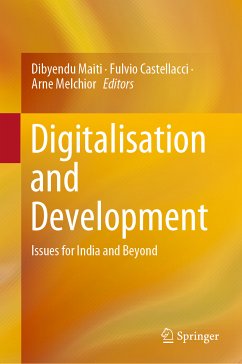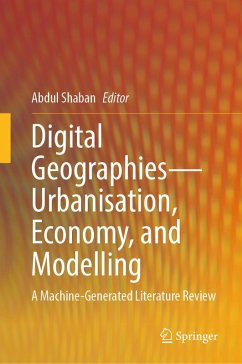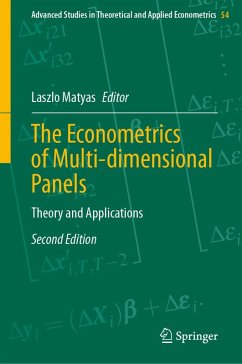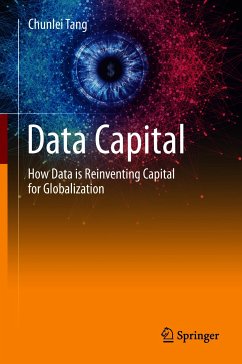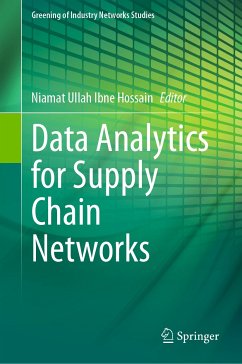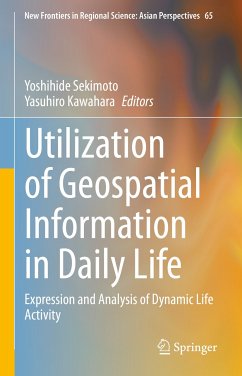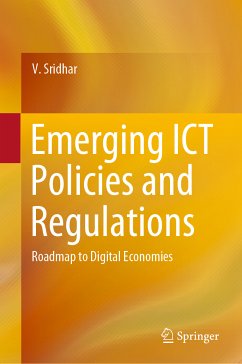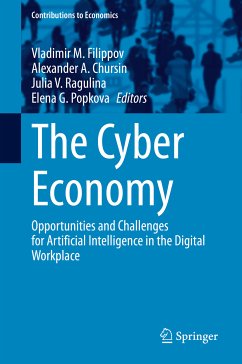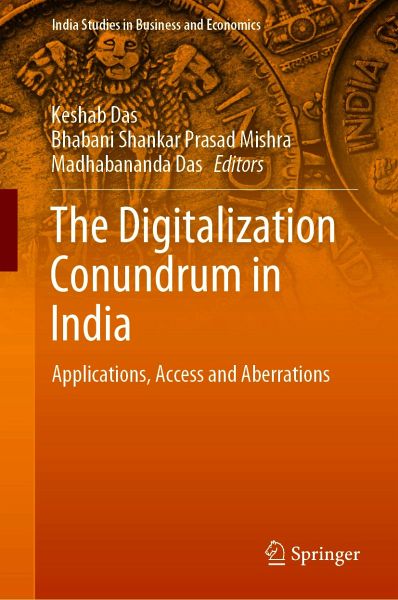
The Digitalization Conundrum in India (eBook, PDF)
Applications, Access and Aberrations
Redaktion: Das, Keshab; Das, Madhabananda; Mishra, Bhabani Shankar Prasad
Versandkostenfrei!
Sofort per Download lieferbar
64,95 €
inkl. MwSt.
Weitere Ausgaben:

PAYBACK Punkte
32 °P sammeln!
This book examines the nature, extent and implications of rapid strides digitalization has made in India since the turn of the millennium. These have been examined not merely in the sphere of information and communication technology (ICT) but its multifarious applications spreading across almost all aspects of production, services and institutions which have profound repercussions for the transformation of the society and economy at the micro, meso and macro levels. With contributions from both ICT scholars and social scientists, this book presents diverse scenarios and unravels challenges fac...
This book examines the nature, extent and implications of rapid strides digitalization has made in India since the turn of the millennium. These have been examined not merely in the sphere of information and communication technology (ICT) but its multifarious applications spreading across almost all aspects of production, services and institutions which have profound repercussions for the transformation of the society and economy at the micro, meso and macro levels. With contributions from both ICT scholars and social scientists, this book presents diverse scenarios and unravels challenges faced in the process of technical applications, access by the users of these disruptive technologies (automation, e-commerce, big data analytics & algorithms, artificial intelligence, cloud computing, etc.) which, unlike heavy machines (embodied technology), mostly defy physical space, pace of mobility and inoperability between technologies.
Chapters in this volume address challenges and possibilities in establishing and operating intricate engineering infrastructure, technical and societal constraints encountered in broad-basing digitalization across layers of educational and social skills conducive to difficult geographies. Issues dealt within this book include farming, healthcare, education, food processing, e-commerce, labour, rural community development, open source data and information democracy. The chapters also reflect upon implications on local economy and society, of the very global nature of these seamless technologies where inter-operability remains the quintessential advantage of digitalization whether promoted or spearheaded through the state, private sector or global capital. The book critiques policy inadequacies and suggests plausible policy approaches to reduce the adverse impacts of fast digitalization and broad-base potential benefits across space and levels of socio-economic development of regions and society. This bookwould be of interest to scholars, practitioners, technocrats, industry analysts, policy makers and civil society agencies.
Dieser Download kann aus rechtlichen Gründen nur mit Rechnungsadresse in A, B, BG, CY, CZ, D, DK, EW, E, FIN, F, GR, HR, H, IRL, I, LT, L, LR, M, NL, PL, P, R, S, SLO, SK ausgeliefert werden.



